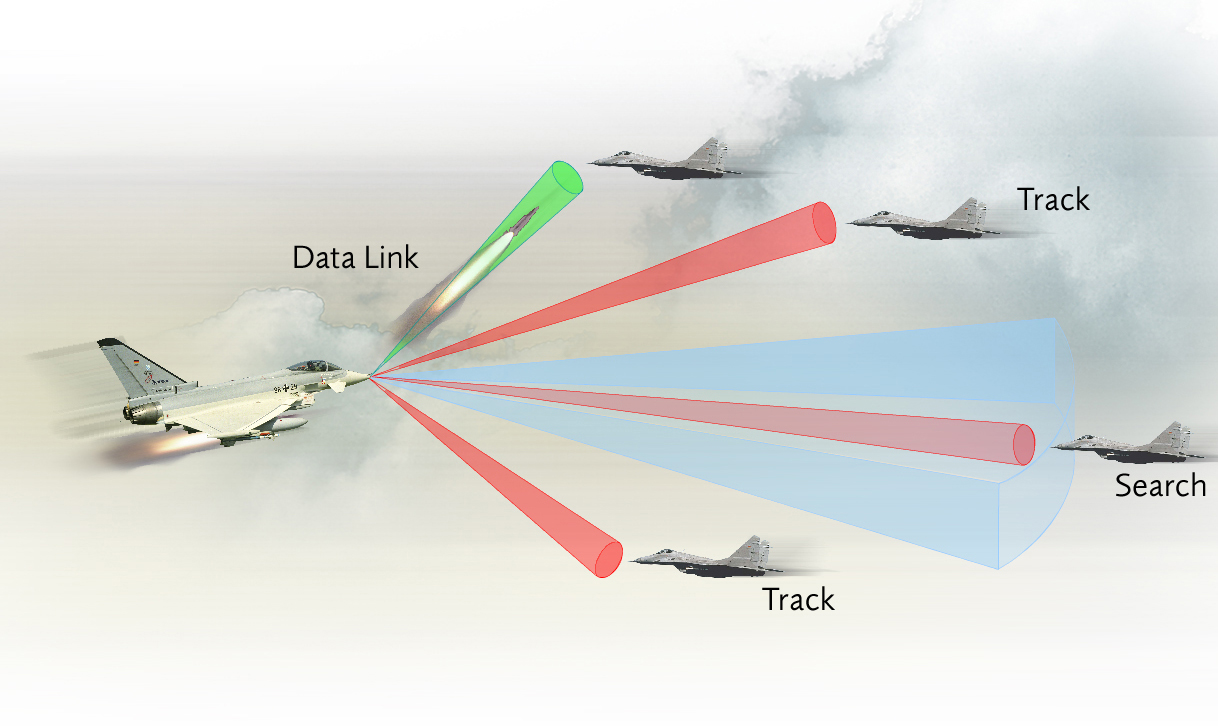WASHINGTON, Sept. 22, 2011 — Looming budget reductions are the biggest threat to the United States’ national security, said Adm. Mike Mullen, chairman of the Joint Chiefs of Staff, during remarks to business executives today.
“I’ve said many times that I believe the single, biggest threat to our national security is our debt, so I also believe we have every responsibility to help eliminate that threat,” he said. “We must, and will, do our part.”
Speaking to the Business Executives for National Security, the chairman discussed budget concerns and sought the executives’ experiences to help formulate strategic fiscal planning.
“All of you have dealt with downturns in the business cycle,” Mullen said. “Many of you have turned around troubled corporations, or restructured firms. Our challenges will not precisely be yours, but I’ll bet we can take a lesson or two from what you’ve seen.”
Founded in 1982, BENS is a nationwide, non-partisan organization which supports the U.S. government by applying, free of charge, best business practice solutions for national security challenges, according to a media release.
Mullen talked to the group about concerns caused by the “sequestration” mechanism included in the nation’s new debt-reduction law.
“As you know, the resident has made a decision to reduce the defense budget by more than $450 billion over the next 10 years,” he said.
“That’s a lot of money from any perspective,” Mullen continued. “But, in fact, it only represents a little over nine percent a year from our baseline.
“Many of you have faced worse,” he continued. “And yet, as achievable as I believe these cuts to be, they will also be difficult to identify and to execute � more difficult, I think, than they would be for you.”
Mullen said most difficulties stem from large capital expenses, huge fixed and aging infrastructure such as bases, ships and aircraft.
“Our replacement turnover rate is extremely low, because it takes so long to design, build, test and field new equipment,” he said.
“Cuts in this arena have significant military impacts, because to make any sort of difference you have to remove from your inventory a platform that will take a long time to replace,” he said.
Mullen also attributed these difficulties to fighting in two wars for a decade which has resulted in a “must-pay” liability.
“Much of that equipment has been worn out more quickly than expected because of the wars we are fighting,” he said. “It needs to be repaired or replaced when it comes home.”
The chairman said the next logical step of reduction would be people and their compensation, but he cautioned against “draconian” changes.
“They drive our costs in the Pentagon just like they have in the corporate world � increases in pay, and especially increases in the cost of health care,” Mullen said.
“We are a well-compensated force today and rightfully so,” he said. “And because I simply can’t � and [Defense Secretary Leon E. Panetta] has made clear that he won’t � break faith with our troops, we need to be very careful here.”
Mullen praised service members for their sacrifices and reiterated his commitment to protecting them.
“They are not my employees,” he said. “They aren’t anyone’s employees.
“They are soldiers, airmen, sailors, Marines and coast guardsmen — volunteers all — who made a life decision to join our ranks,” Mullen said. “And many of them risk those lives every, single day.”
The chairman said the nation faces an “imperative,” and agreed with Panetta’s assessment of the challenge as being “hard but manageable.” �
“We must consider the world as it is, the threats as we see them, not wishing away the danger nor blowing it out of proportion,” Mullen said.
“Pragmatism and practicality must be our watchwords moving forward,” he added, “[and] strategy must become our acumen.”
Source:
U.S. Department of Defense
Office of the Assistant Secretary of Defense (Public Affairs)

 von
von 